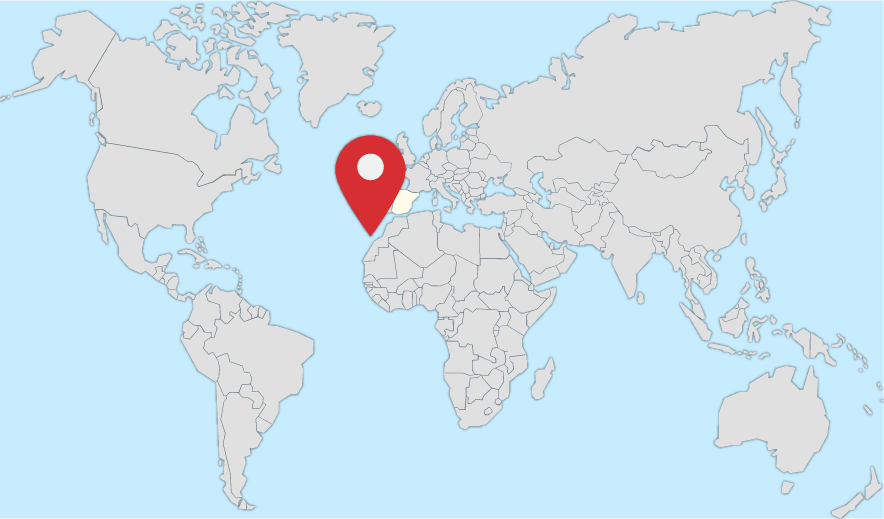In Spain, the Total Allowable Catch (TAC) management system of bluefin tuna regulated by the State allocates the catch share system unequally. Historically, bluefin tuna fishing is a valuable livelihood for Canary Island Communities; the SSF was responsible for 16% of Spain’s total catch in 1965 and 1980 before the industrial fisheries took over the activity. The Islanders had the historical and legal rights to resource access. However, the distribution of the bluefin tuna quotas positioned the ‘recent’ historical catch records of 2008 in which the industrial fishers (bait boats, purse seine large-scale fleet, and tuna traps) were more active than SSF (hook-and-line fleet). Therefore, leaving only the contingency catch to the SSF, a bycatch quota along with other types of tuna species, 2.5% of the percentage between 2008 and 2015.
An ITQ (Individual transferable quota) system allows fishers to sell or lease their quota to another fisherman or a fishing enterprise, creating a competitive quota market. Large-scale industrial fishing corporations, whose economic power benefits from the quota market competition, allow fishers to sell or lease their quotas (ITQs) to the enterprises, resulting in few quotas left to small-scale fishers.
As the bluefin tuna is an essential species and a valuable livelihood for the islander, the increase of the TAC (total allowable catch) was claimed as the recovery of the stock was observed according to the recovery plan adopted by the International Commission for the Conservation of Atlantic Tuna (ICCAT) in 2006.
The case was brought to the Spanish Court through the regional Federation of Cofradias, whose role is to regulate and control the access to resources of the fleet’s operation within their territorial limits. However, the change of governance system (CFP 2013) decentralized the power of these organizations to the State. With control loss, Cofradias were forced to use lobbyists and NGOs as their representatives to gain insight and access to policy processes. The joint organizational efforts plus scientific evidence collected by academia increased the visibility and voice of Canary Islanders, resulting in the national regulation change. In 2018, the increase of the national Bluefin TAC accounted for 400 tons of fish compared to the 255 tons allowed in the previous year.





